-
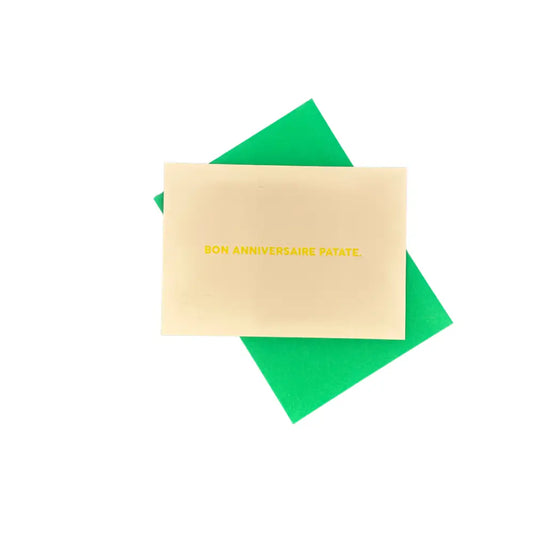

-
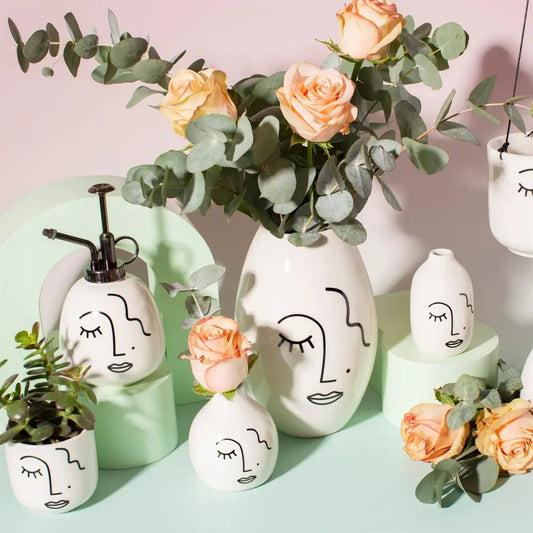
 -37%Sale
-37%Sale -


-


-


-


-

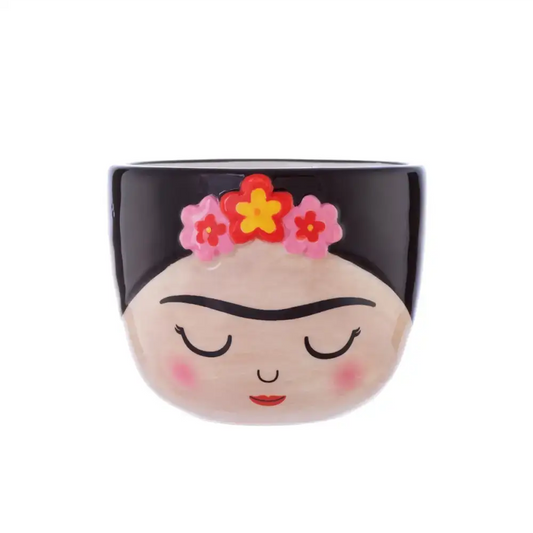
-


-


-
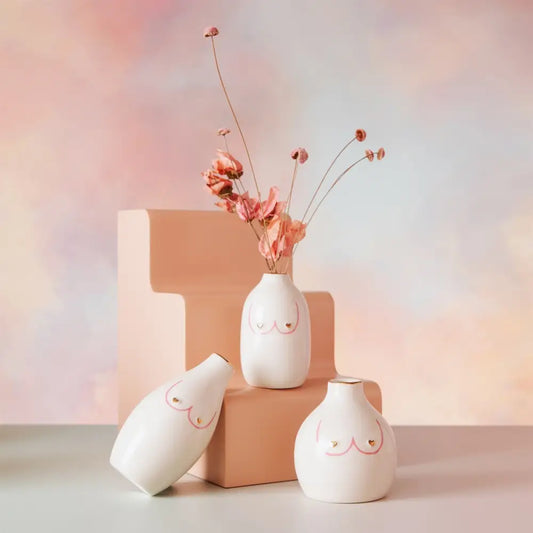
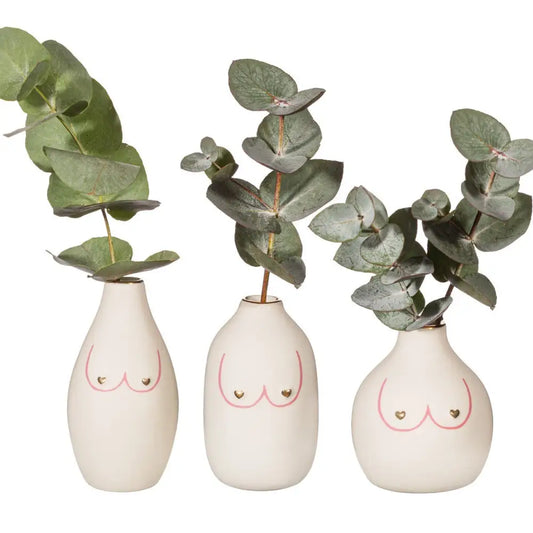
-

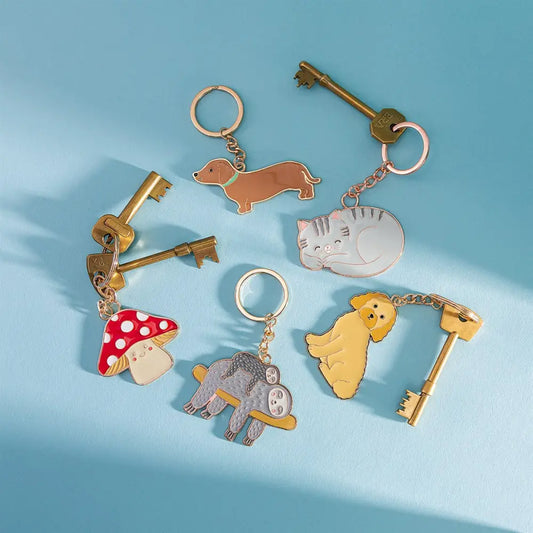
-

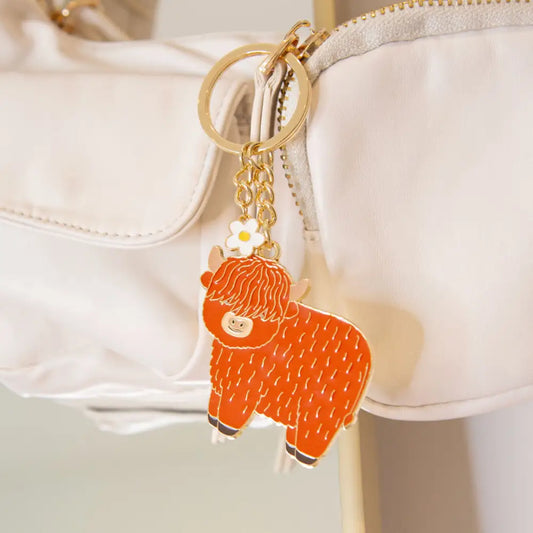
-

-

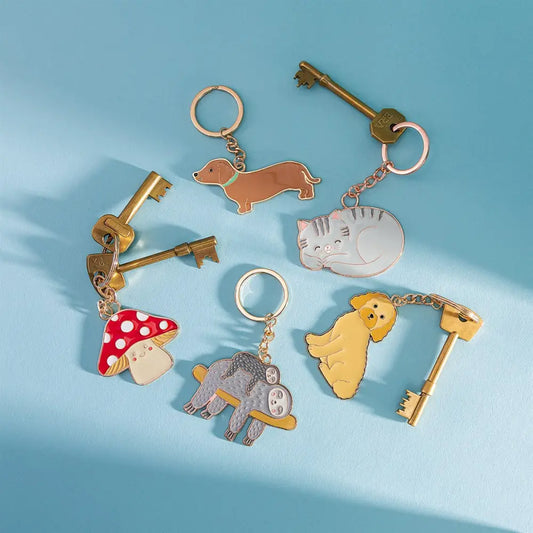
-

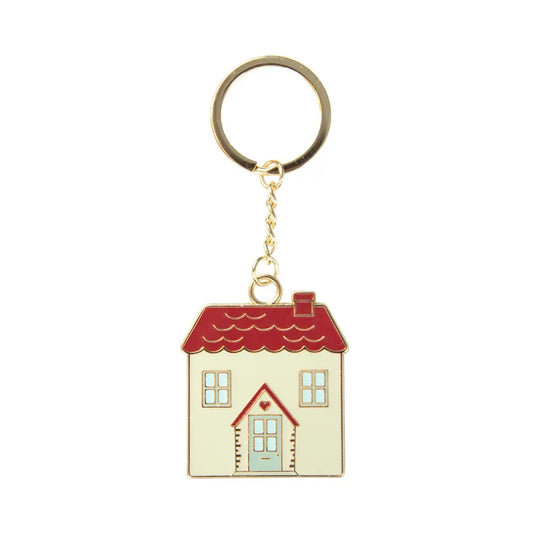
-

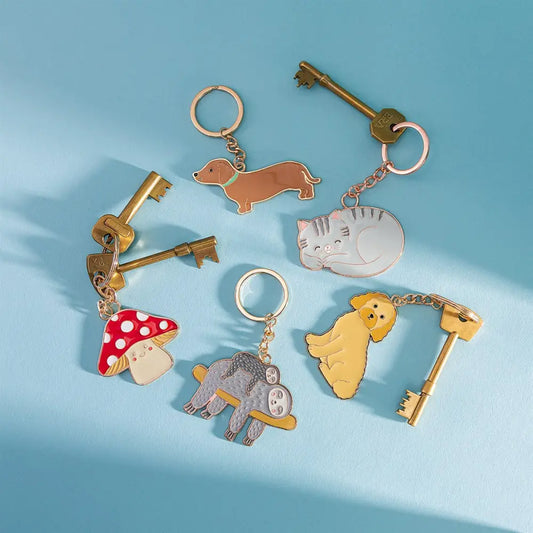 Sold outSold out
Sold outSold out -


-

 -12%Sale
-12%Sale -

 -38%Sale
-38%Sale -

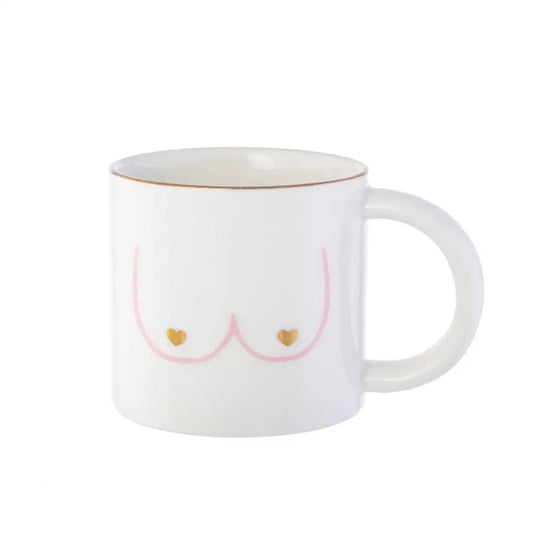
-


-

 -14%Sale
-14%Sale -

 Sold outSold out
Sold outSold out -
 Sold outSold out
Sold outSold out -
 Sold outSold out
Sold outSold out -

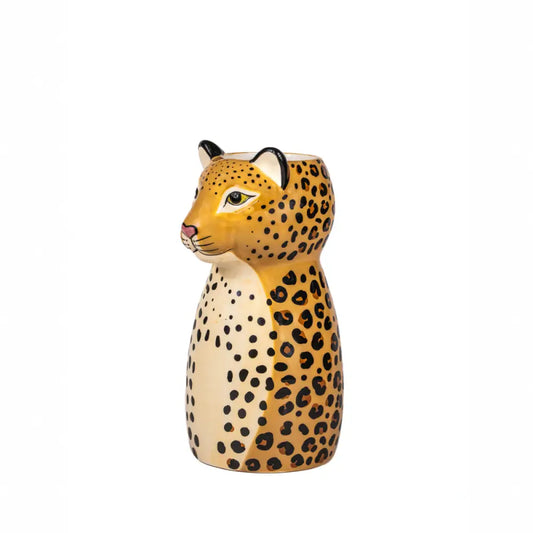 Sold outSold out
Sold outSold out -
 Sold outSold out
Sold outSold out -
 Sold outSold out
Sold outSold out -
 Sold outSold out
Sold outSold out -
 Sold outSold out
Sold outSold out -
 Sold outSold out
Sold outSold out -
 Sold outSold out
Sold outSold out -
 Sold outSold out
Sold outSold out -
 Sold outSold out
Sold outSold out -
 Sold outSold out
Sold outSold out -
 Sold outSold out
Sold outSold out -
 Sold outSold out
Sold outSold out -
 Sold outSold out
Sold outSold out -
 Sold outSold out
Sold outSold out -
 Sold outSold out
Sold outSold out -

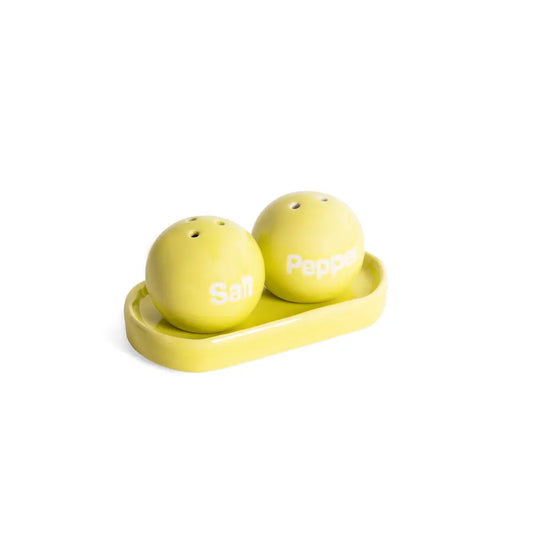 Sold outSold out
Sold outSold out -

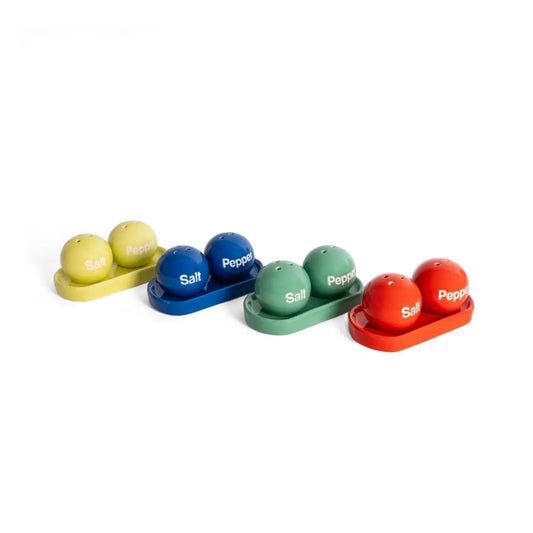 Sold outSold out
Sold outSold out -
 Sold outSold out
Sold outSold out -

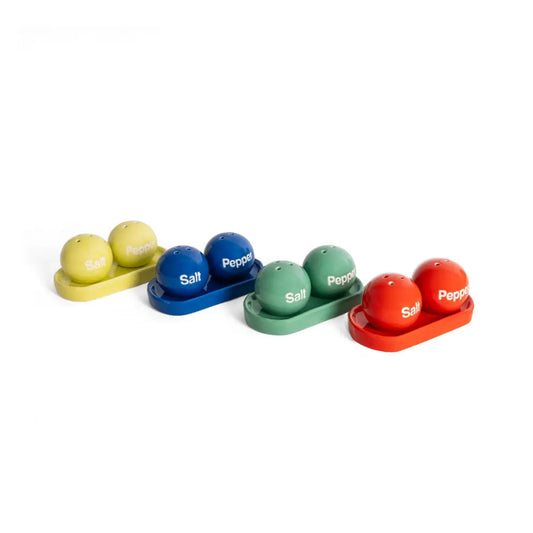 Sold outSold out
Sold outSold out -

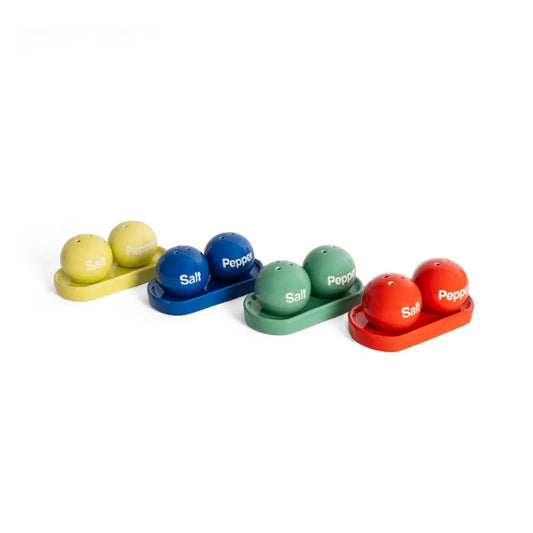 Sold outSold out
Sold outSold out -

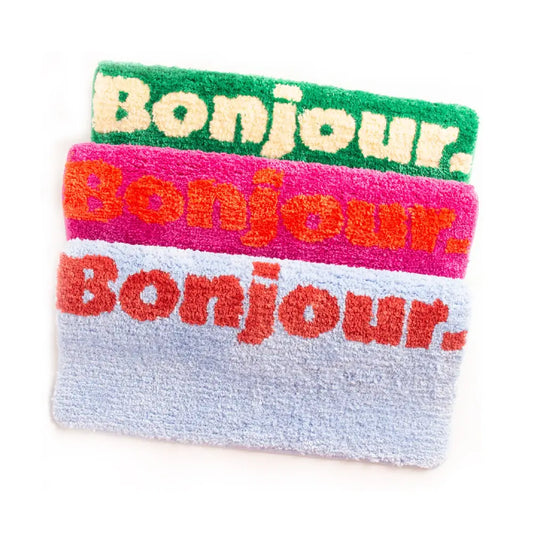 Sold outSold out
Sold outSold out -
 Sold outSold out
Sold outSold out -

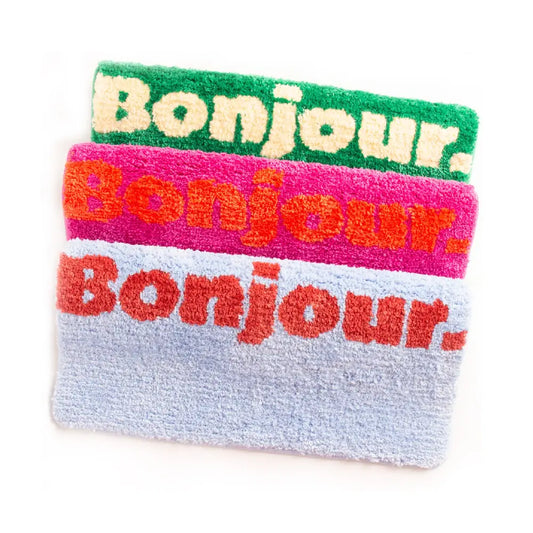 Sold outSold out
Sold outSold out -

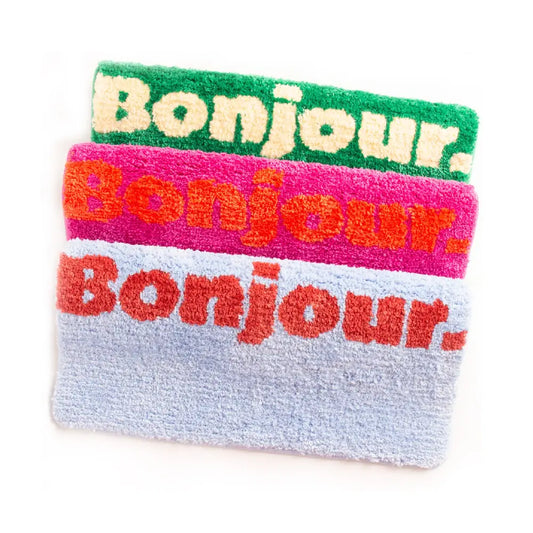 Sold outSold out
Sold outSold out -

-

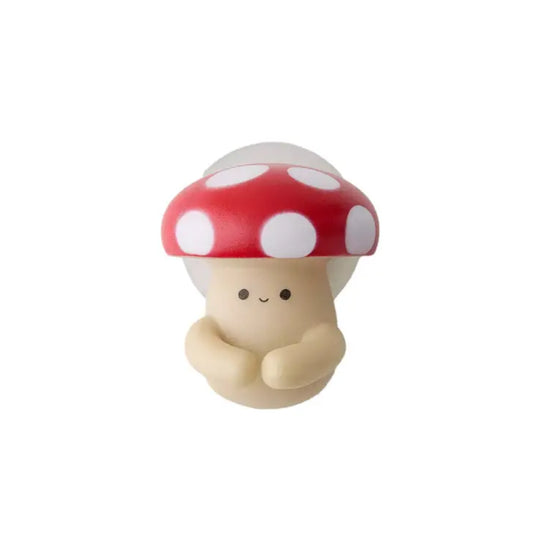
-
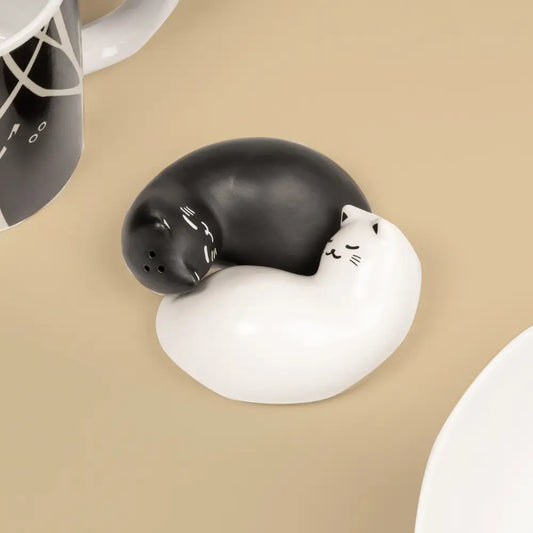
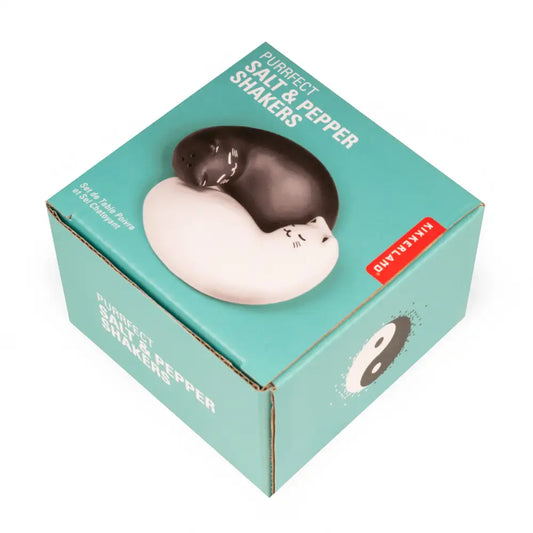 Sold outSold out
Sold outSold out -

 Sold outSold out
Sold outSold out -

 Sold outSold out
Sold outSold out -


-
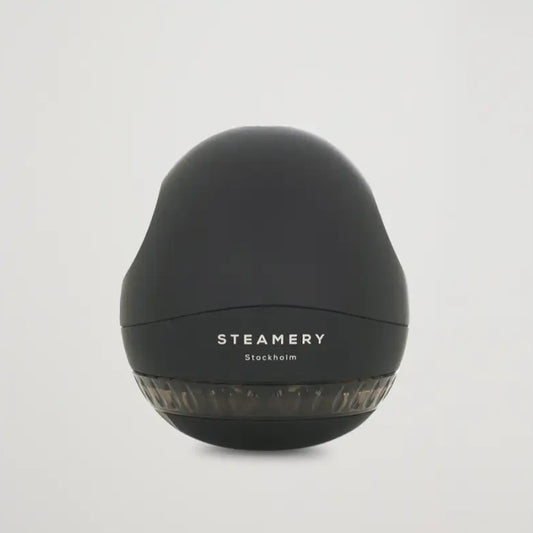
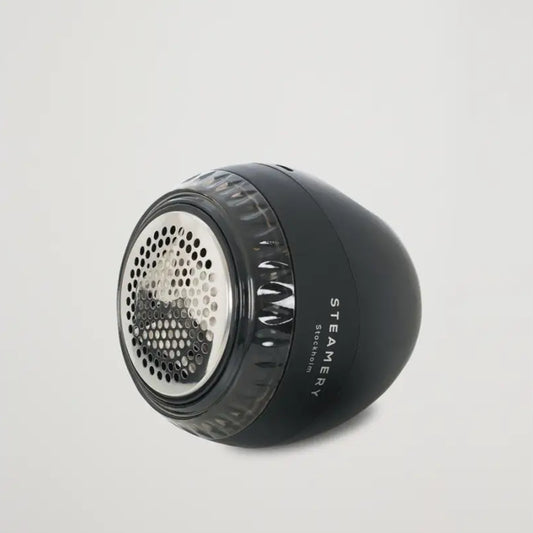
-

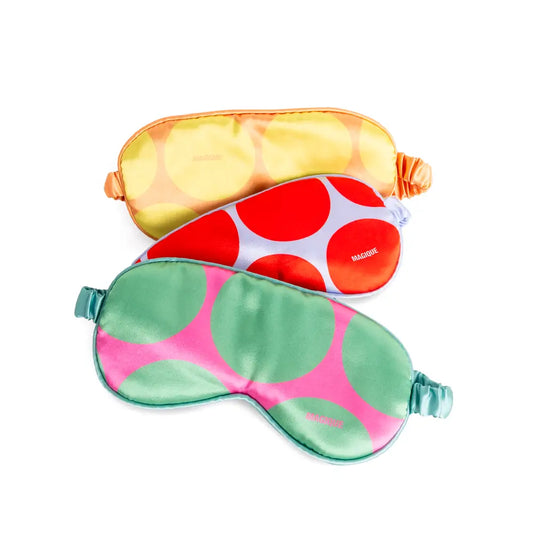 Sold outSold out
Sold outSold out -


-
 Sold outSold out
Sold outSold out -

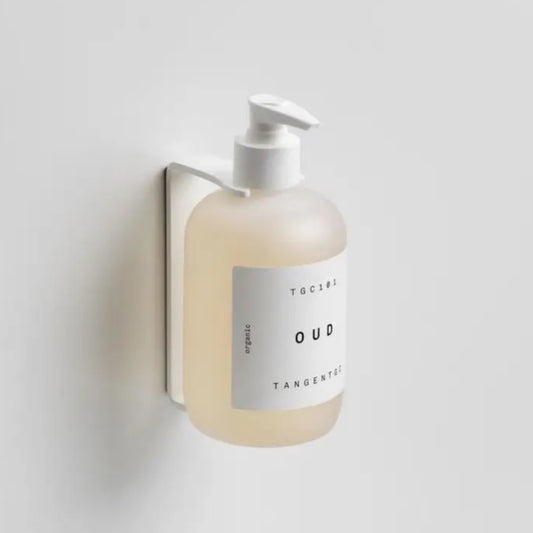 -16%Sale
-16%Sale -

 -16%Sale
-16%Sale -

 -16%Sale
-16%Sale -
 Sold outSold out
Sold outSold out -


-

 -16%Sale
-16%Sale -

 -36%Sale
-36%Sale -
 -24%Sale
-24%Sale -
 -27%Sale
-27%Sale -

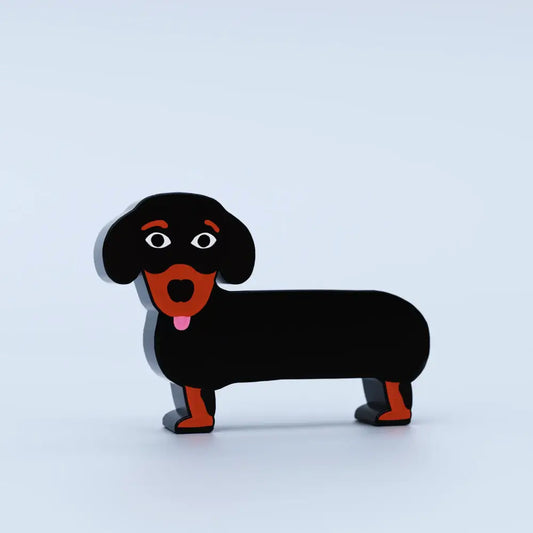 Sold outSold out
Sold outSold out -
 Sold outSold out
Sold outSold out -
 Sold outSold out
Sold outSold out -

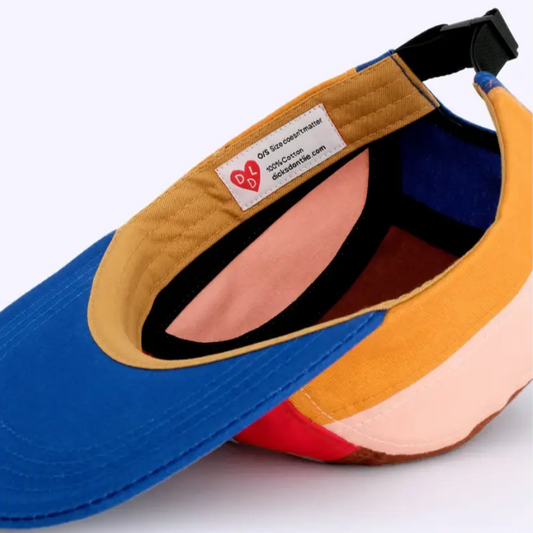
-

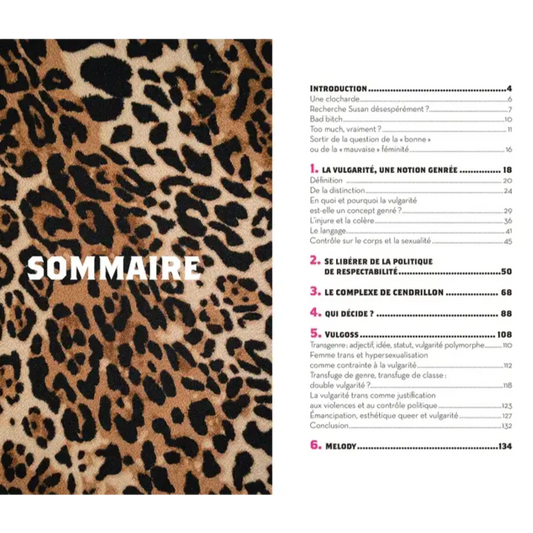 Sold outSold out
Sold outSold out -


-
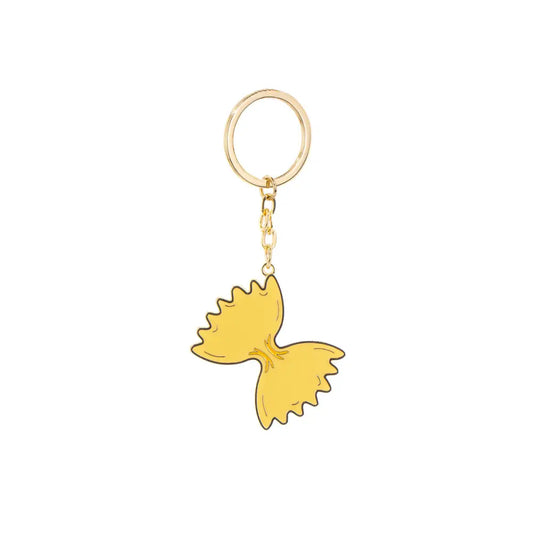 Sold outSold out
Sold outSold out -
 Sold outSold out
Sold outSold out -
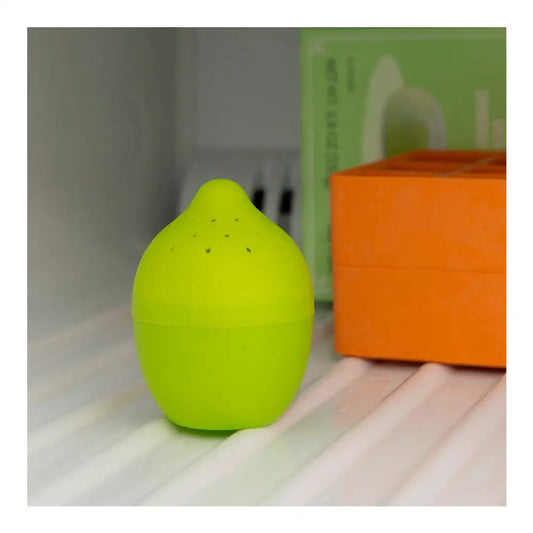
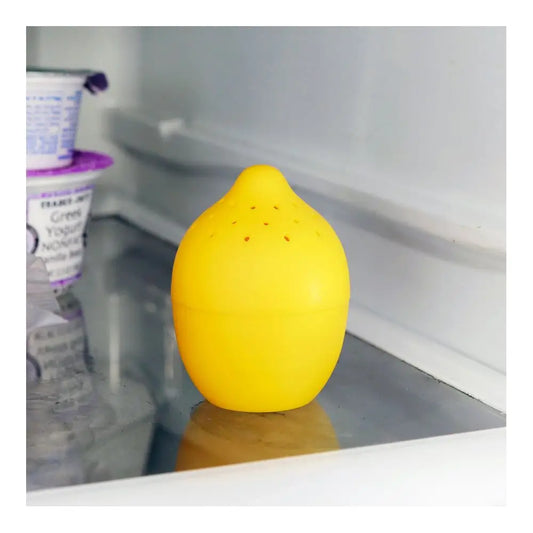
-
 Sold outSold out
Sold outSold out -
 Sold outSold out
Sold outSold out -
 Sold outSold out
Sold outSold out -

-

 Sold outSold out
Sold outSold out -


-
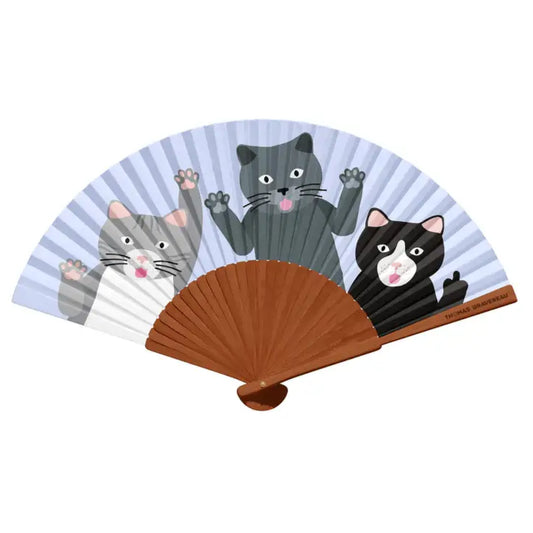 -4%Sale
-4%Sale -
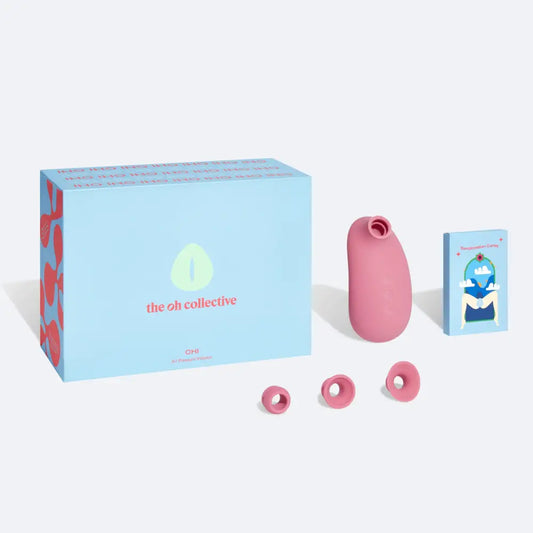
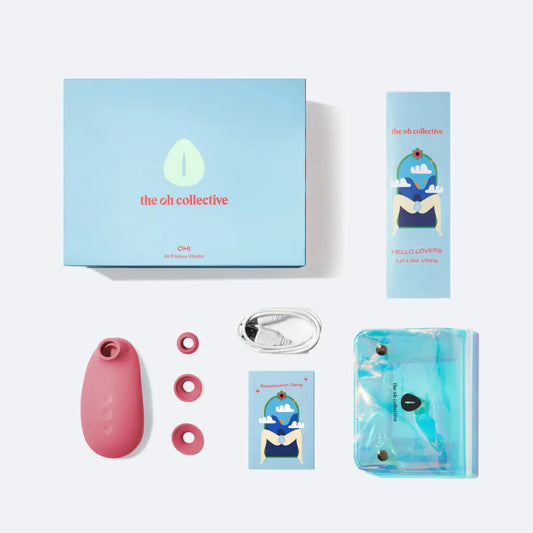
-

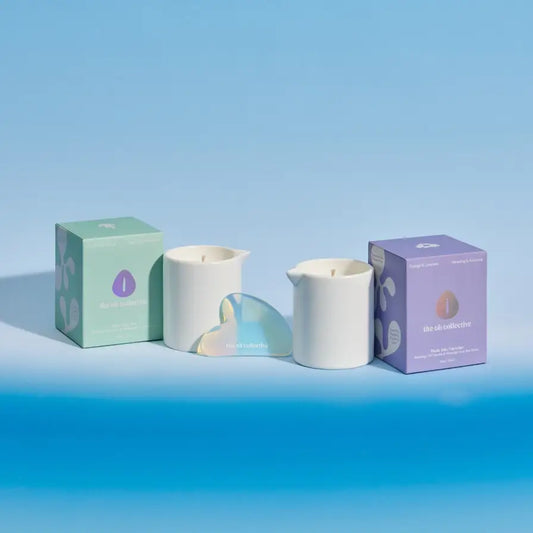
-

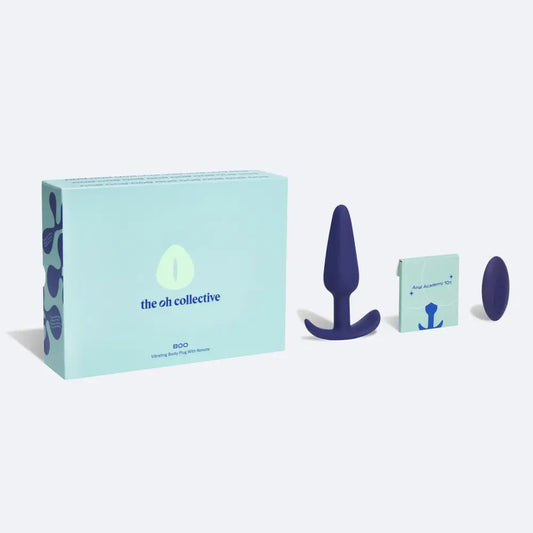
-
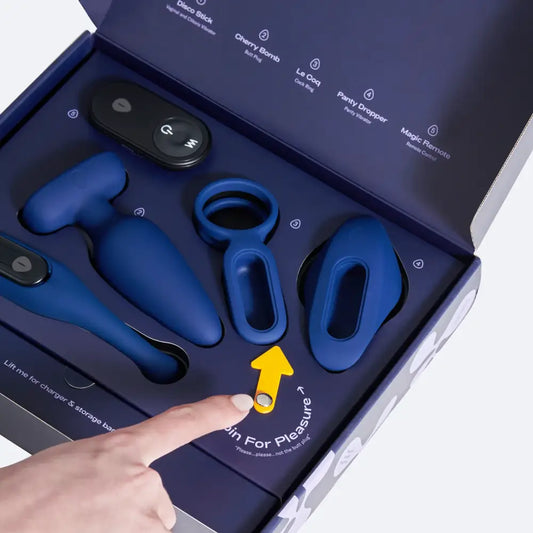
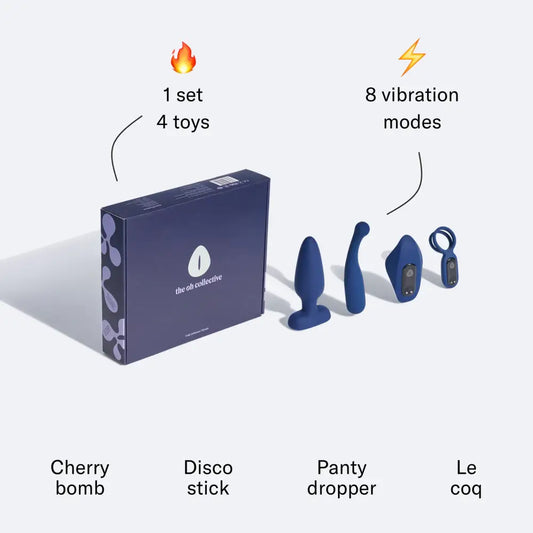
-
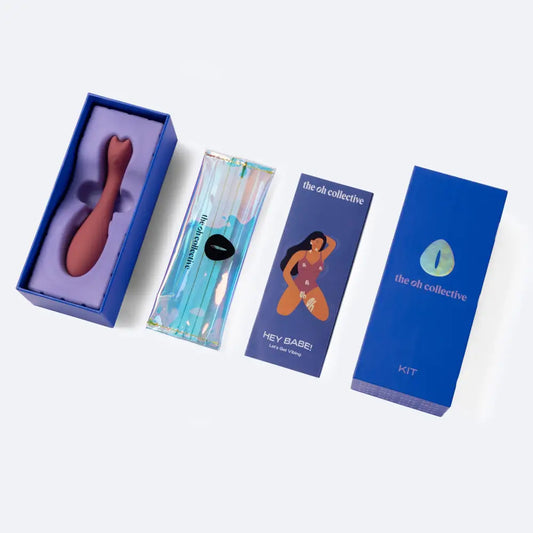
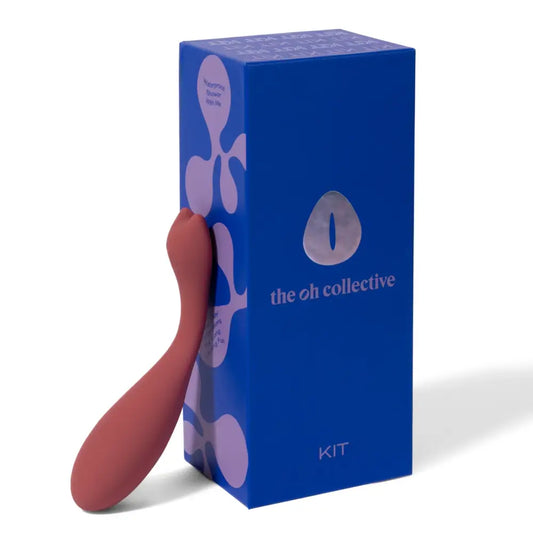
-


-


-
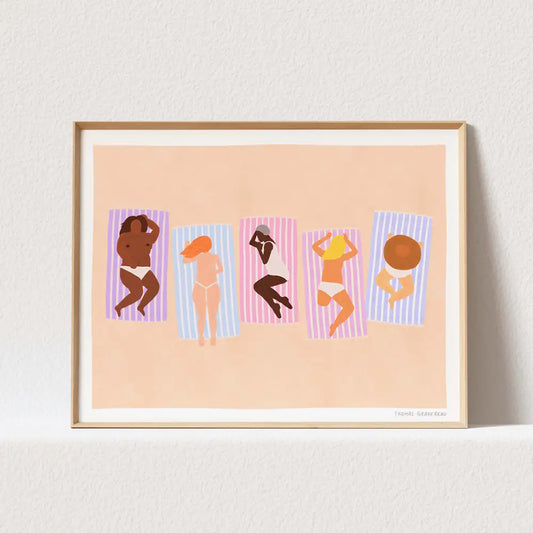

-


-

 Sold outSold out
Sold outSold out -


-
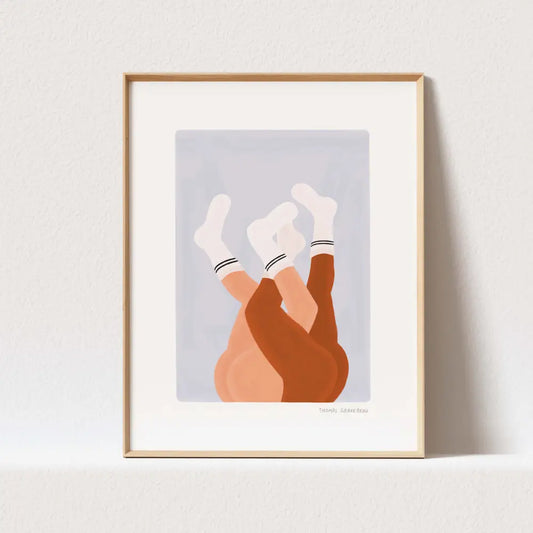
 Sold outSold out
Sold outSold out -
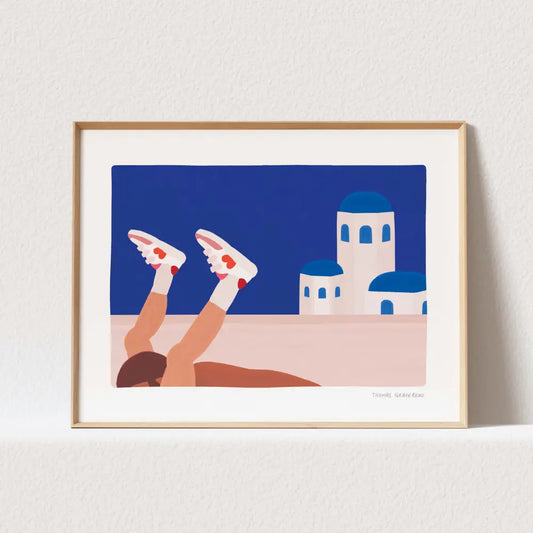

-


-


-


-


-


-

-
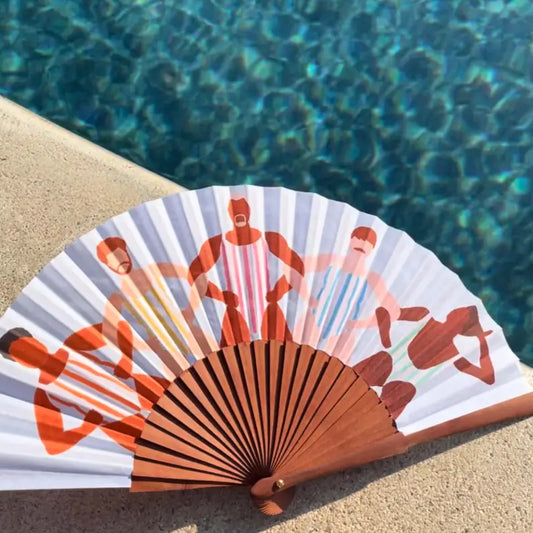
 -4%Sale
-4%Sale -
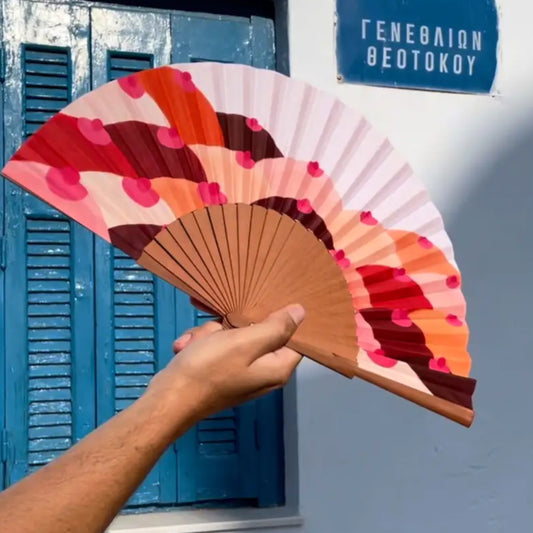
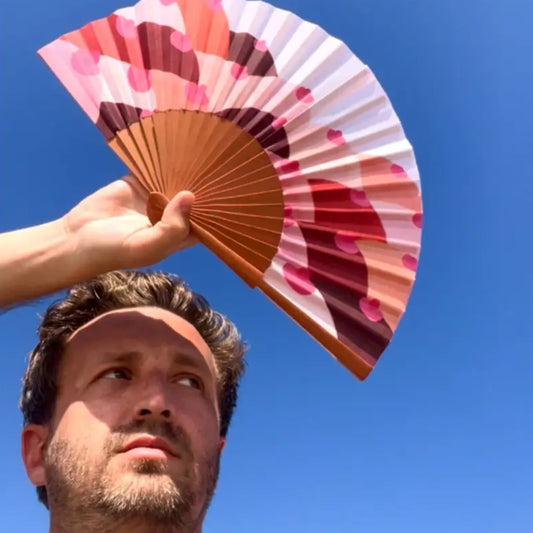 -4%Sale
-4%Sale -


-


-


-


-


-
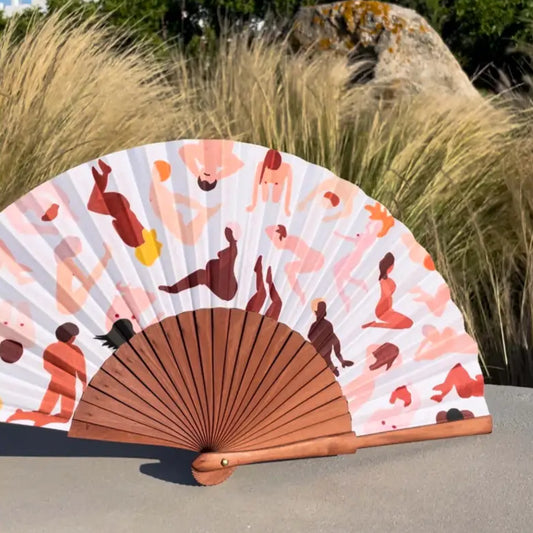
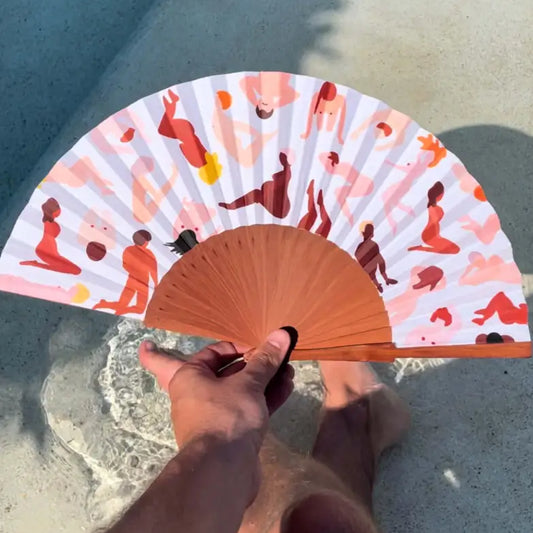 -4%Sale
-4%Sale -


-


-

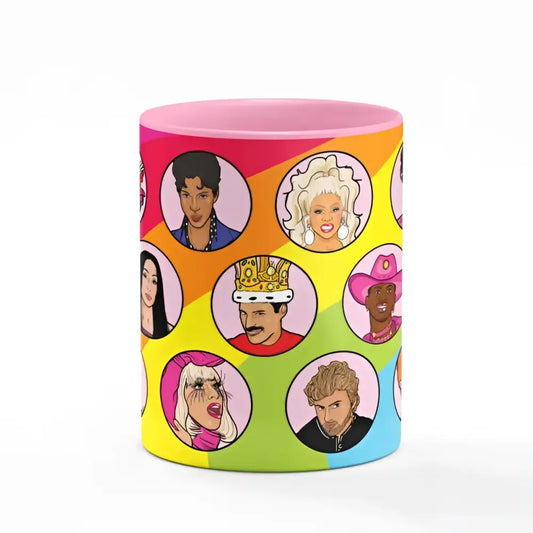
-
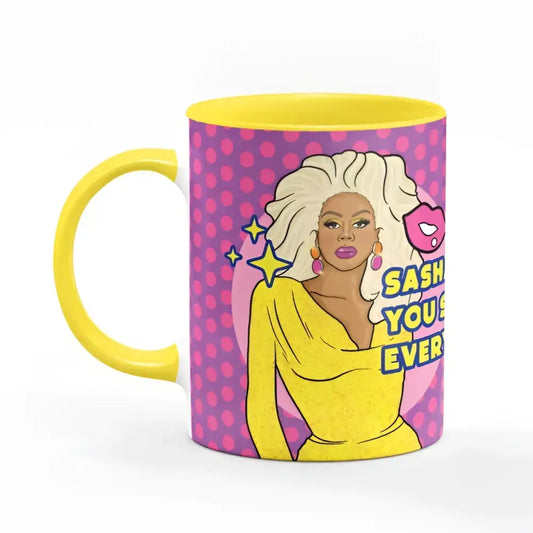

-


-


-


-


-


Customer reviews
Excellent

Parfait
J ai commandé un vase Moon pour un cadeau il y a deux semaines. Produit reçu très rapidement, et le cadeau a beaucoup plu donc super contente de mon achat!!!
Super expérience avec Forma !
Super expérience avec Forma ! J ai commandé il y a quelques jours et je n ai rien à redire. La livraison s est bien passée, les produits correspondent exactement aux photos et la qualité est vraiment au top.
Très bonne expérience
Très bonne expérience. On a envie de tout acheter. Expédition rapide et bien protégé. Je recommande à 100%
Produits originaux
Selections de produits originaux! Avec Noël qui approche ça me rassure :) Livraison soignée et dans les temps. J aime beaucoup la rubrique produits soldés à cause des défauts emballage
Mon nouvel e-shop favoris
J ai découvert cette superbe boutique en ligne par hasard sur Instagram et j ai été charmé par la diversité et l originalité des produits qu elle propose. Puis j ai été définitivement séduit par ses engagements en terme d inclusion et de diversité.
Incroyable comme concept store
Incroyable comme concept store ! On trouve de tout, chaque produit donne envie. Le mug teckel est trop beau ! Un concept cool avec de bonnes valeurs.
Service client au top
J ai eu un petit souci avec ma commande et le service client a été très réactif. Problème résolu en 24h et j ai même reçu un petit cadeau en compensation. Bravo !
Qualité impeccable
Commande reçue rapidement et emballage soigné. Les produits sont de très belle qualité, exactement comme sur les photos. Je recommande vivement !
Découverte géniale
Tombé sur cette boutique par hasard et quelle belle surprise ! Des produits originaux, une livraison rapide et un service client aux petits soins. Parfait !
Excellent choix de produits
Une sélection vraiment unique ! J ai trouvé plein de cadeaux originaux pour Noël. La qualité est au rendez-vous et l expédition très soignée.
Pick up where we left off
























































































































































































































